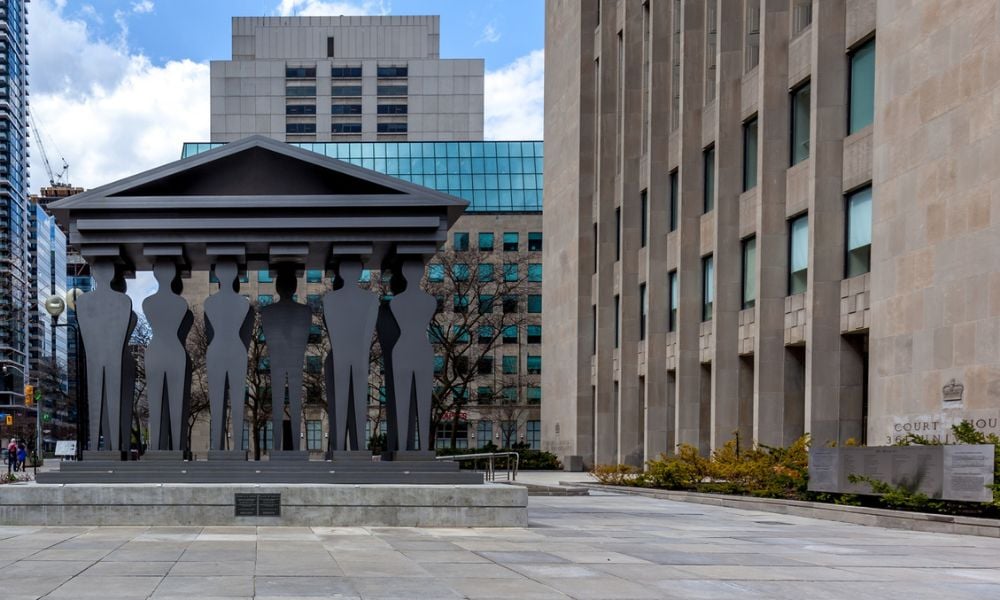
Court explains the test for enforcing a contingency fee agreement

The Ontario Superior Court of Justice has approved a proposed settlement but reduced the lawyer’s contingency fee in a personal injury case.
In Barbeau v Peel District School Board, 2023 ONSC 4116, Beau Barbeau slipped on the property the Peel District School Board owned. Barbeau fractured his right leg, which required surgery. Barbeau's counsel and the adjuster retained to represent the Peel District School Board began discussions until they reached a proposed settlement of $135,000, all-inclusive. Barbeau's counsel brought the proposed settlement to the Ontario Superior Court of Justice, seeking approval.
Barbeau's mother, acting as his litigation guardian, had entered into a contingency fee agreement with Barbeau's counsel which set out a fee of 30 percent of the settlement or award plus HST. It excluded payment for "disbursements and taxes."
The contingency fee agreement set out terms for ending the agreement with the plaintiff's counsel billing the plaintiff for unpaid disbursements and "legal services, paid as hourly fees" with hourly fee rates set out. The court noted that the proposed fee was $40,500.00, 30 percent of the proposed settlement amount of $135,000.00.
The court had approved the proposed settlement but found difficulty with the proposed fee to be charged. The court pointed out that Rule 7.08 requires the approval of the settlement terms to be in the best interests of the person under disability. The court emphasized that the test for enforcing a contingency fee agreement is to assess its fairness as of the date it was entered into. The second test is to determine the reasonableness of the agreement as of the hearing date.
Given concerns about the defendant's liability, the parties did not provide the court with any details of any risk of non-payment to counsel. Furthermore, the court did not find any time dockets which could support the fee claimed. Accordingly, the court was left to infer such time dockets were not kept or would not support the fee claimed.
The court acknowledged an excellent recovery by the plaintiff without any complications, and the proposed settlement was prompt and efficient. The court attributed this to the plaintiff's counsel for bringing the matter to a state where the parties could rationally and competently discuss a settlement.
Accordingly, the court held that the contingency fee agreement was reasonable when the parties entered it. However, based on the evidence, the court did not find the contingency fee to be charged reasonable as of the hearing. As a result, the court concluded that $25,000 is the appropriate fee in this matter.
The court wrote in its decision, "I am particularly mindful of the need to ensure access to justice for injured persons under disability and that this type of legal service should be valued and willingly undertaken by members of the bar with expertise in this field."